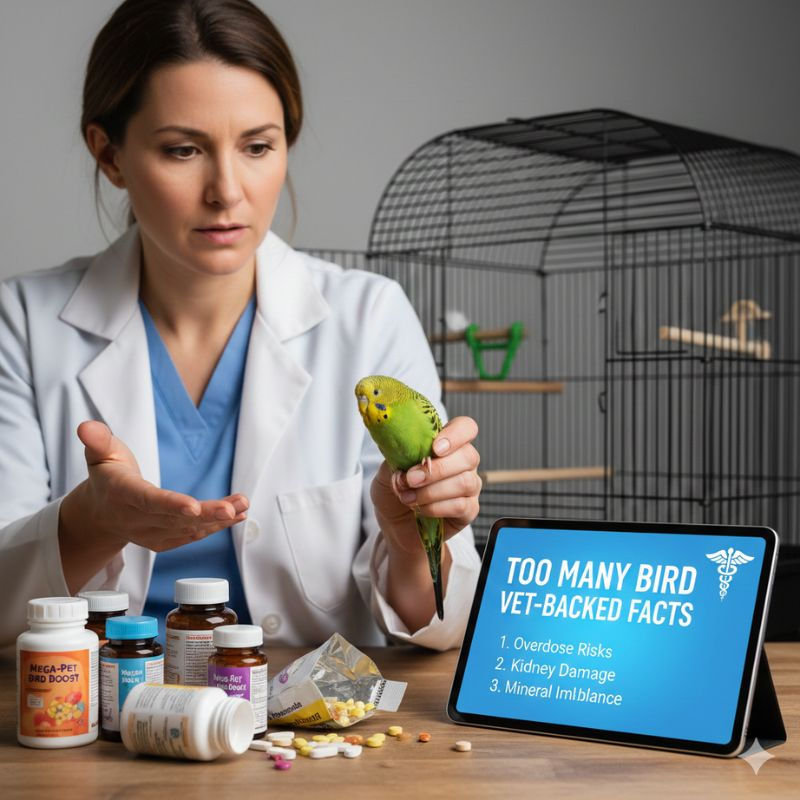Are Your Reptile Supplies Safe? 7 Hidden Dangers Most People Miss
- petperchlove
- Jul 10, 2025
- 3 min read

When it comes to keeping reptiles healthy and happy, reptile supplies play a critical role. But not all supplies are created equal—some can actually be dangerous to your pet. From toxic materials in cages to mislabeled heat lamps and unsafe substrates, many pet owners unknowingly put their reptiles at risk. If you're wondering how to choose safe reptile supplies and avoid these common pitfalls, you're in the right place.
Let’s explore the 7 hidden dangers of poorly selected or low-quality reptile products—and how to make smarter, safer choices.
1. Improper Heating Equipment
Reptiles are ectothermic, which means they rely on external heat sources to regulate their body temperature. Using low-quality heat lamps or heating pads can result in:
Burns from direct contact
Overheating due to lack of thermostat control
Underheating, leading to lethargy or metabolic issues
When buying reptile supplies, always choose heat lamps and mats with built-in thermostats. Look for trusted brands reviewed by reptile care experts and veterinarians.
2. Toxic Cage Materials and Sealants
That cool-looking wood terrarium? It could be leaking harmful fumes. Many reptile enclosures use treated woods or sealants that emit volatile organic compounds (VOCs), which can be toxic to reptiles.
Solution: Use PVC or glass enclosures certified as reptile-safe. If using wood, seal it with a pet-safe product and let it cure for several days before placing your reptile inside.
3. Unsafe Substrates That Can Cause Impaction
Sand, gravel, and certain wood shavings can lead to impaction, a condition where a reptile's digestive system gets blocked by ingested substrate.
Avoid: Calci-sand, crushed walnut shells, cedar shavings
✅ Better Choices: Reptile carpet, coconut fiber, or tile (depending on the species)
Choosing the right reptile pet supplies like substrate is crucial—what looks natural might not always be safe.
4. Wrong UVB Lighting
Incorrect UVB light strength or old bulbs can cause serious health issues like metabolic bone disease. Some pet stores sell generic UV lights that don’t provide the right spectrum for reptiles.
📌 Pro Tip: Research your species' UVB requirements and replace bulbs every 6–12 months. Check reviews and buy from trusted Pet Supplies Online with detailed product specs.
5. Harmful Cleaning Agents
Many standard household cleaners are toxic to reptiles. Even "natural" options can leave behind fumes or residues that harm your pet.
Instead, use reptile-safe disinfectants that are specifically made for cleaning terrariums, water bowls, and habitat décor.
6. Fake or Counterfeit Reptile Products
Cheap online deals may be tempting, but many of these items are counterfeit, untested, and downright dangerous.
❗Red Flags:
No brand labeling
No product warranty
Generic packaging
Stick to verified sources when purchasing reptile products—especially critical items like heat lamps, thermostats, or supplements.
7. Incorrect Sizing and Fit
Whether it’s a hide box, basking platform, or food dish, improper sizing can stress your reptile or lead to injury. For example, a hide that's too tight can cause overheating, while one that's too large may not provide the security your reptile needs.
Many Pet Supplies stores now offer size guides for specific reptile species—use them!
Why This Matters
Using the right reptile pet supplies ensures your scaly friend lives a long, healthy, and enriched life. With so many reptile products on the market, it's essential to educate yourself and not fall for flashy marketing or low prices.
If you're serious about reptile care, check out our curated page on safe and reliable reptile supplies to avoid these 7 dangers completely.
Final Thoughts
Your reptile's safety depends largely on the products you choose. By staying informed and avoiding common supply mistakes, you can provide a safe and thriving environment for your pet. Always prioritize quality reptile supplies and verify their safety before using them.
FAQs About Safe Reptile Supplies
Q1. How often should I replace reptile heat lamps or UVB bulbs?
A: Replace UVB bulbs every 6–12 months depending on the brand. Heat bulbs should be replaced when they stop working or become unstable.
Q2. Can I use household bleach to clean my terrarium?
A: No. Bleach and other harsh chemicals can leave toxic residues. Use reptile-safe cleaners only.
Q3. Are pet supplies from Amazon or eBay trustworthy?
A: Be cautious. While some are legitimate, many counterfeit or unsafe reptile supplies circulate on such platforms. Always check seller ratings and product authenticity.
Q4. Do all reptiles need UVB lighting?
A: Most diurnal reptiles (like iguanas, bearded dragons) need UVB, but nocturnal species (like leopard geckos) may require less or none. Research your specific pet’s needs.
Q5. Where can I find trustworthy information on reptile care and supplies?
A: Reputable blogs, vet-authored articles, and expert retailers like Kwik Pets offer safe guidance on reptile pet supplies.



Comments